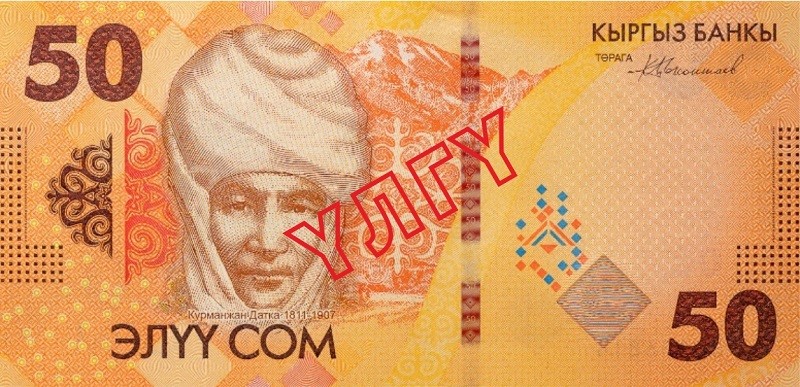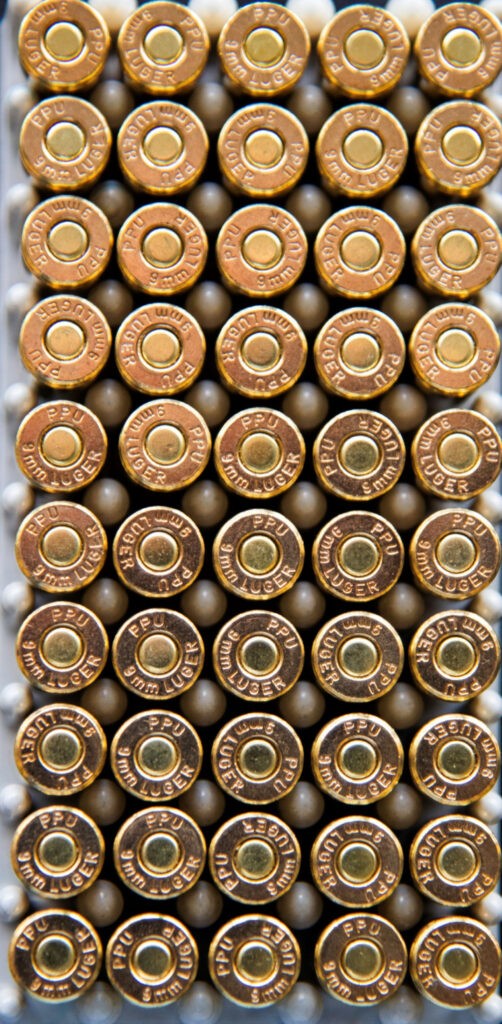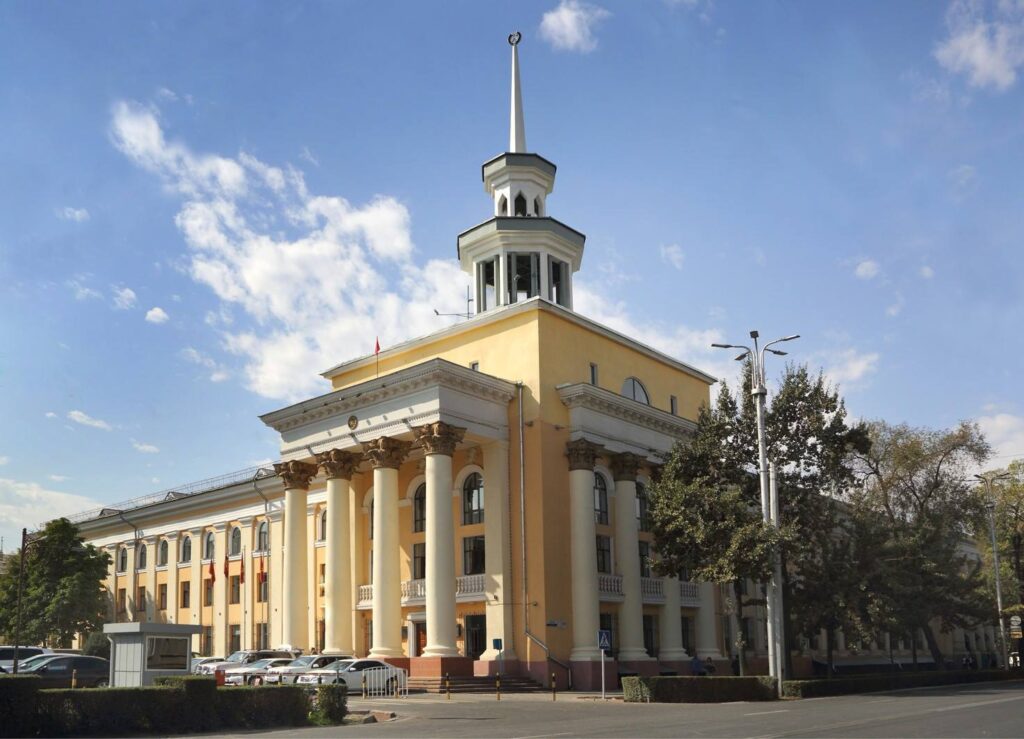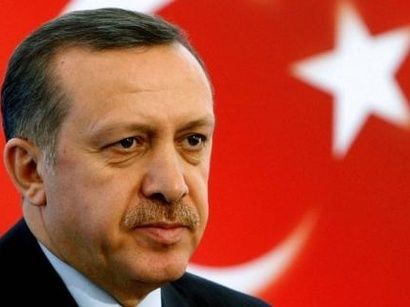Citing an analysis of trade data, the Wall Street Journal (WSJ) has reported that Russia has boosted its imports of an explosive compound critical to the production of artillery ammunition - including from companies based in the U.S. and other Western countries and allies - despite international sanctions meant to choke Moscow's wartime production. Russian imports of nitrocellulose, a highly flammable cotton product central to gunpowder and rocket propellant production, surged 70% in 2022, the first year of Moscow's full-scale invasion of Ukraine, and midway through 2023 imports amounted to 3,039 tons of the product - nearly double the 2021 level. Another supplier of cotton pulp, China, increased its supplies after U.S. and European (EU) sanctions. However, according to Liu Pengyu, spokesperson for the Chinese Embassy in Washington, "Sino-Russian economic and trade cooperation is not directed against any third party and should not be violated or coerced by any third party... China does not sell weapons to parties involved in the Ukraine crisis and handles exports of dual-use goods in a reasonable manner in accordance with laws and regulations." According to Russian customs data provided by trade database, Import Genius, Turkish company Noy İç Ve Diş Ti̇caret accounted for nearly half of Russia's nitrocellulose imports since the Russia-Ukraine conflict began, with most of the Istanbul-based company's sales to Russian companies that are government contractors based in Moscow. The Turkish Embassy, as well as representatives of the company, declined to comment. Nitrocellulose supplies to Russia have also been found to contain chemical tracers from the U.S. company, International Flavors & Fragrances, which suspended its direct shipments to Russia in April 2022 but continued them through third countries. The company said its product didn't contain enough nitrogen to be a component of an explosive. However, Michelle Pantoja, a professor of mechanical engineering at Texas Tech University who heads the combustion laboratory's research center, said the nitrogen content of civilian nitrocellulose could be increased to the required level. In December, the U.S. Department of Commerce added nitrocellulose to its list of high-priority controlled commodities, which restricts its exports, and the Treasury Department said it would impose sanctions on banks or other institutions found to be financing such international trades. To be effective, however, sanctions must also apply to nitrocellulose supplier companies, said a Rand analyst. Last year, the Organized Crime and Corruption Reporting Project (OCCRP) claimed to have documents in its possession which showed that more than 98% of nitrocellulose imported into Russia is supplied by Kazakhstan and Uzbekistan, and that imports have increased since Russia's full-scale invasion of Ukraine. The Import Genius database revealed that in 2022 and early 2023, Fergana Chemical Plant, one of the largest cotton pulp producers in Uzbekistan, not only supplied raw materials to Russian importing companies, but also made direct shipments to two Russian gunpowder plants - one in Kazan, the other in Perm - worth more than $2.2 million. In total, according to a joint investigation by Important Stories, OCCRP and Vlast.kz, the plant supplied 2,700...






